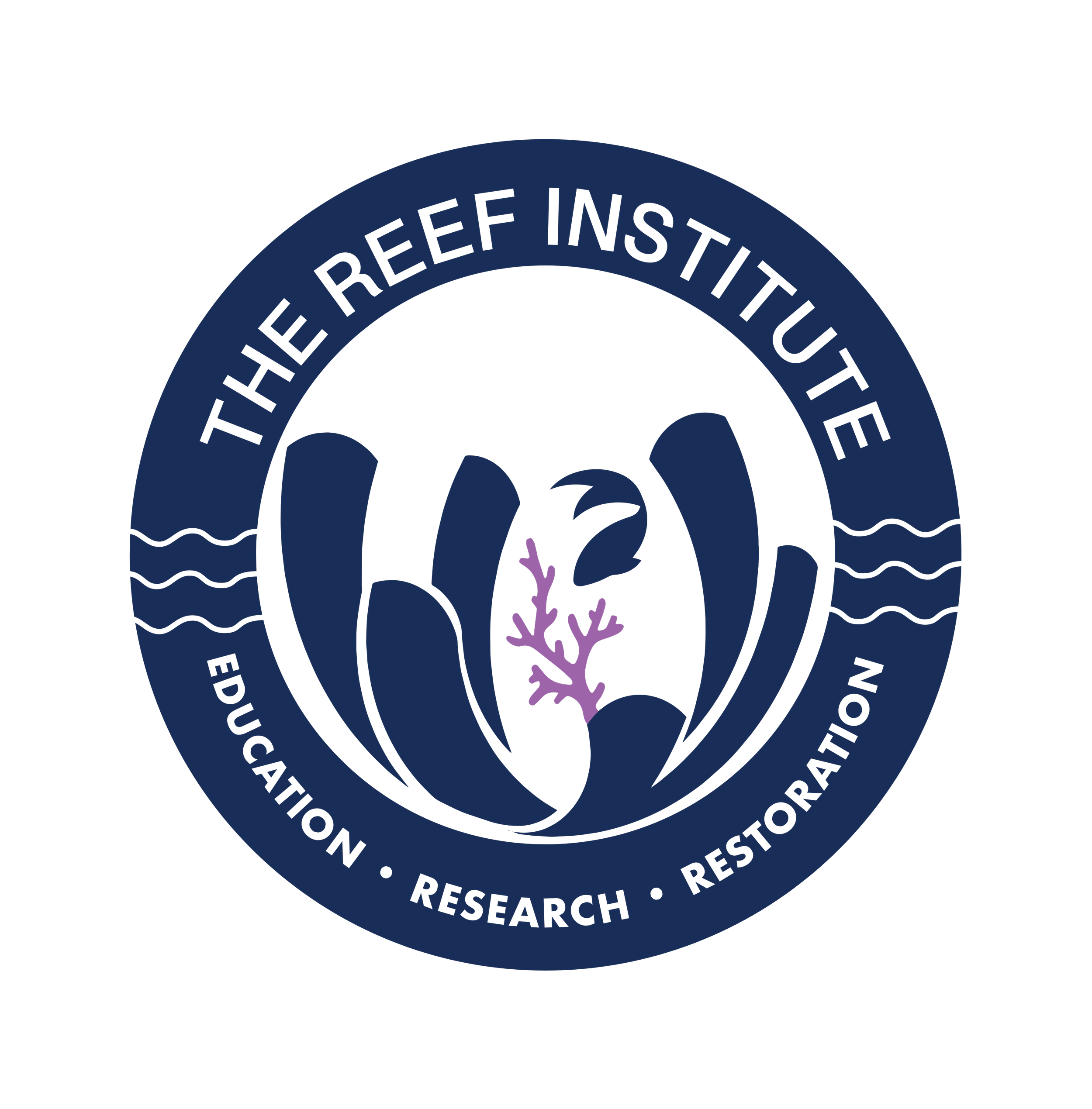Caribbean Partners
TRI employs a community development approach to address the unique needs of each island and area in the Caribbean where we partner. Our team works closely with local agencies to understand their challenges and support their efforts. We empower stakeholders by providing them the necessary resources to participate in community coral restoration initiatives.
TRI collaborates with partners throughout the region, tailoring our strategies to meet the specific needs of each location. We have advised numerous organizations on biobanking and enhancing existing coral lineages to maximize growth and fragmentation for research and restoration purposes. In some areas, education serves as the essential first step in facilitating significant efforts, and we work closely with local stakeholders to provide them with the knowledge and tools they need.
As we collaborate with various organizations, TRI follows these key steps to ensure success:
- Meet with the local organization to identify their needs.
- Develop an action plan based on the identified needs.
- Visit the site to offer consultation and guidance on the next steps.
Additionally, we provide feedback and support for long-term coral care using site-specific and scalable methods. Our commitment includes ongoing support, training, and expertise through a long-term partnership.
A few examples of our work:
Turks and Caicos Reef Fund:
TRI partnered with the Turks and Caicos Reef Fund (TCRF) to establish a pilot gene banking system, marking the first land-based initiative of its kind. The system aims to expand into a coral "farm" dedicated to gene banking, coral spawning, and growth to support restoration efforts. By moving restoration activities from the ocean to land, TCRF has become the first organization in the British Isles to adopt this method.
This project began in Providenciales, where TRI provided training and support on growing and caring for corals on land. The biobank system has been successfully established, and ongoing training efforts continue. TCRF has recently secured the ability. This collaboration has led to a long-term partnership between TRI and TCRF.
South Caicos Coral ConsortiuM:
In 2022, the South Caicos Coral Consortium launched a multi-phase conservation approach. TRI, TCRF, and the Center for Field Studies in South Caicos have joined forces to innovate coral restoration efforts on land and in the sea. TRI has designed a land-based research system that will integrate broader restoration initiatives. These infrastructure projects aim to stock the systems with specific coral species targeted for conservation and restoration, with the expectation that hundreds of thousands of corals will be needed to meet coastal mitigation demands in this form of reef restoration.
Caribbean Biobank Initiative
TRI has started collaborating with several partners on the Caribbean Biobank Initiative. The goal of this initiative is to establish a network of biobanks across the Caribbean, led by local partners who will take ownership of the coral reefs in their areas. TRI is working with SFS to build a biobank system in a solar-powered shipping container.
These living biobanks will focus on several key areas:
- Genetic Preservation: Quarantined corals can be more effectively maintained in healthy conditions within controlled environments. This allows any corals that show signs of disease to be isolated for study, enabling veterinary medical professionals to compare them with diseases in nearby wild populations.
- Propagation and Restoration: As the biobanked corals grow, they can contribute to reef replenishment efforts through both human-assisted asexual fragmentation and sexual fertilization. The offspring that survive can later be reintroduced to the wild, enhancing the genetic diversity of the original coral stock.
- Education and Outreach: Biobank facilities will serve as centers for public engagement and education, fostering a deeper understanding of coral reef ecology and raising awareness of the challenges facing modern coral reefs.
The initiative will focus on the following objectives:
(a) Developing a physical facility tailored to the unique requirements of each location;
(b) Building local expertise through education in effective coral husbandry, aquarium science, and data management for local staff;
(c) Assisting local stakeholders in creating long-term internal and external support mechanisms for their own biobanks.
As the work expands across the islands, local organizations are learning effective strategies for coral care and training others in these practices. TRI collaborates with staff and volunteers to empower them to build their systems and nurture the coral. The ultimate objective is to partner with local organizations and stakeholders in a scalable restoration effort.
